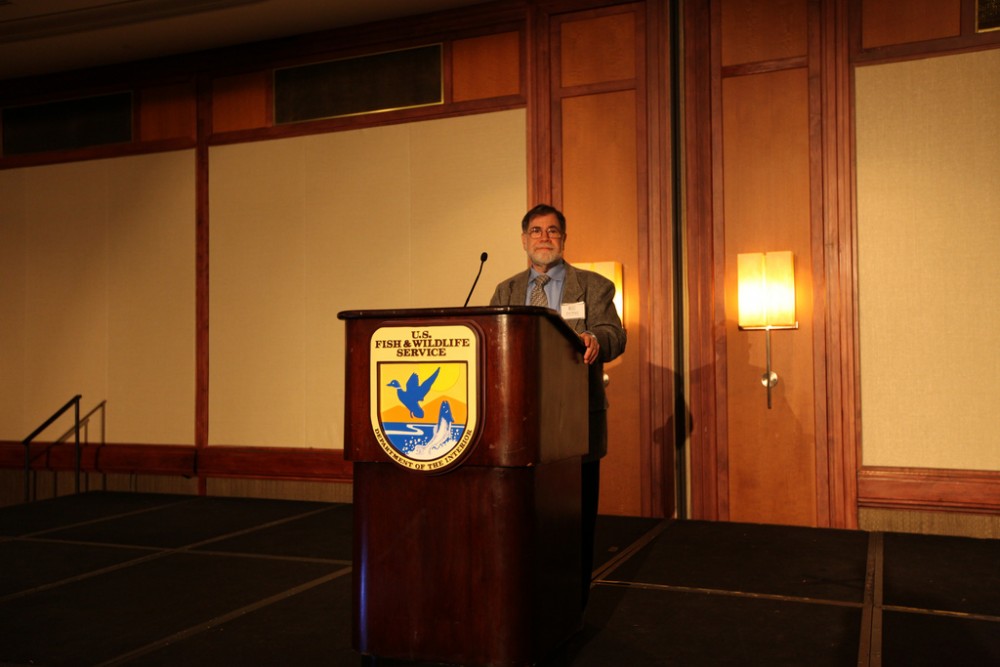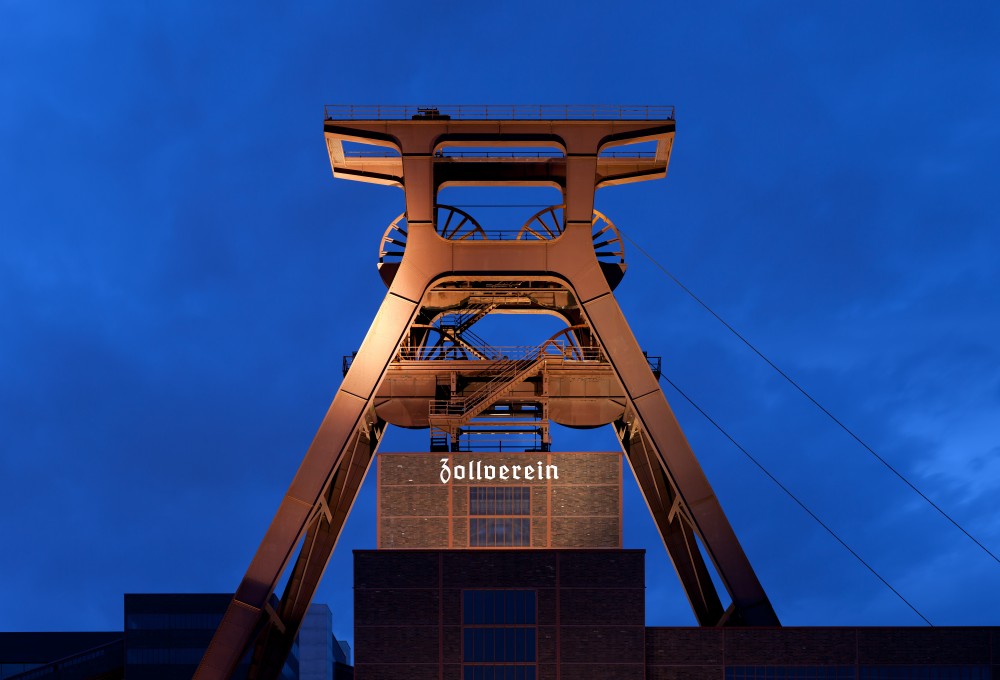One of the greatest existential threats our planet is facing in this new century of technological progress, exploding population growth and unparalleled economic development is the rise of climate change. But even those who recognize the dangers of a global environmental shift fail to recognize why the rest of the country is not on board, and risk shooting themselves in the foot by pretending it’s only a problem of education.
Depending on which study you look at from over the past decade, the scientific community is between 91 to almost 100 percent agreed that climate change is both real and caused by human activity. Despite this consensus toward global warming and its consequences, around 56 percent of congressional Republicans don’t believe in its existence or mankind’s involvement in it.
When Democrats rally against Republican stonewalling on the environment, they look to that number and misjudge what they are up against. While 56 percent of congressional Republicans completely deny climate change, a March Gallup poll put the share of Americans who see global warming as a by-product of mankind’s activity on earth at 68 percent. But if most Americans see global warming as a real threat to the health of the planet, why is there no political consensus to make a difference in Washington?
RELATED: UA Food Day Fair brings health and wellness to campus
The answer is simple: economics. While most Republicans may recognize climate change, Pew Research Center showed a steep drop off for specific policies to combat climate change that would require heavier government regulation of the economy. This reflects an opinion among conservatives of either party that will not be changed by science classes in high school focusing more on global warming.
When looking at the state of West Virginia, where coal-based mining employs just over 15,000 people and any hit to the coal industry sends terrible economic shock waves across the state, the discussion is no longer about long term abstract changes in temperature over decades. It’s about putting food on the table and affording to send their children to college.
So, when liberals talk about those on the other side of the argument as being ignorant or uneducated, they’re overlooking all the rational arguments against radically restructuring our electrical grid in too-short of a time. The problems associated with an energy revolution that doesn’t match the infrastructure or economy of the country is a waste of both funds and power.
In 2009, Spain’s vast windmill farms powered over half the country with renewable energy, a success that was dampened when authorities realized they didn’t have the power grid to properly distribute the accrued electricity and possessed no means of keeping that energy stored. So the windmills were quickly shut off and Spain barely avoided overloading the country’s power lines.
The greatest obstacle standing in the way of a meaningful climate change policy is an overzealous dedication to quick results, as it ignores our outdated infrastructural backbone, alienates potential environmentalist sympathizers and can even damage local economies. While the immediate effects of climate change can already be felt — with the global temperature since the late 19th century about two degrees warmer and the poles losing almost 250 cubic kilometers of ice sheet coverage a year — an attempt to see radical change too quickly is a major threat to success.

For starters, the Union of Concerned Scientists wrote that, “Developing new renewable resources will require large initial investments to build infrastructure,” in the form of building an energy grid prepared to work with the fluctuating amount of power renewable energy offers. Beyond that, certain studies show that in times of recessions or in energy sector-heavy communities, environmental regulation dampens economic growth and puts people out of work in the short term. Rather than waiting years for the communities affected by these changes to bounce back, the federal government should encourage the diversification of local and state economies, to better prepare them for a changing national market.
RELATED: UA makes sustainability competitive
An example worth looking at is the change of the once massive Zollverein coal mine in Germany. When the government became focused on phasing out coal, coordinated efforts were made to train the soon to be unemployed miners for work in other fields, and the industrial park left behind was reopened as a tourist attraction. It now adds a new market for the wealth of the surrounding Ruhr region, but it must also be noted that the cities affected by this change in the 1990s can reach unemployment rates higher than 10 percent, almost triple the 4.1 percent unemployment rate in the United States.

The American people are beginning to recognize the immediacy of climate change and it’s up to both Democrats and Republicans to decide whether they would rather we form a comprehensive environmental policy that leaves no one behind while cutting carbon emissions and transitioning our infrastructure, or bicker over semantics and waste precious time. The Democratic Party can no longer denounce those who disagree with their energy policy as ignorant or unjustified in their fears, and the Republican Party must stop fighting the scientific consensus and instead work to get the best deal for Americans and the rest of the planet.
Alec Scott is a Sophomore studying Political Science and who volunteered for the 2014 Ron Barber Congressional Campaign
Follow the Daily Wildcat on Twitter









